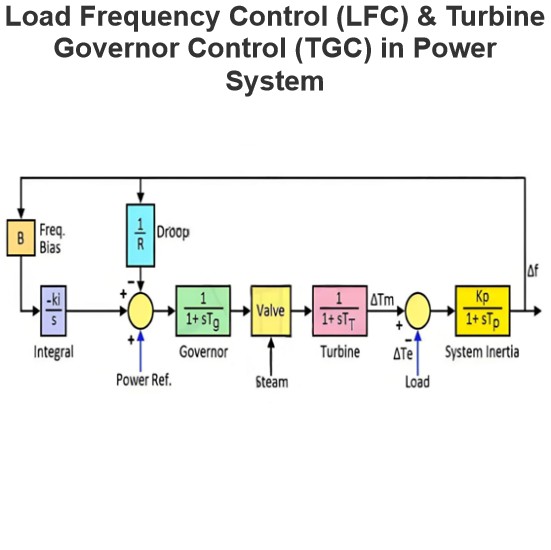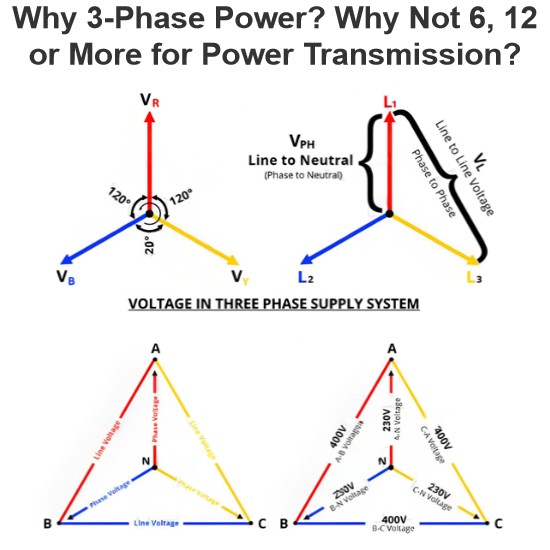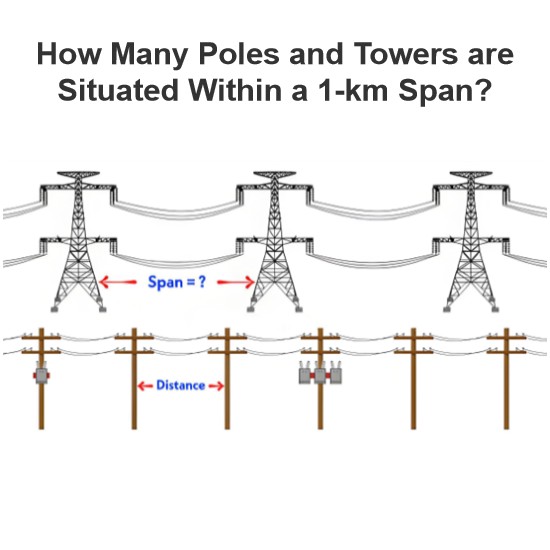Why not use superconductors as transformer winding materials to achieve zero loss?
Superconductors, as a material that can theoretically achieve zero-resistance transmission, do have great potential, especially in the field of power transmission, to significantly reduce energy loss. However, the application of superconductors to transformer winding materials is not a simple solution due to the technical, economic and practical complexities involved. Here are a few key factors:
Critical temperature limit: Superconductors need to operate at certain low temperatures to exhibit superconducting properties, typically reaching temperatures close to absolute zero. This means that complex cooling systems are required to maintain the superconducting state, which increases the cost and complexity of the equipment and makes it difficult to achieve long-term stable operation in practical applications.
Cost and Availability of materials: Although some superconducting materials have been discovered and synthesized, not all superconducting materials are suitable for large-scale industrial production. The preparation process of some superconducting materials is complex and costly, which limits their large-scale application.
Technical challenges: Achieving superconductivity at room temperature and atmospheric pressure remains an unsolved problem. Although some materials have been reported to show diamagnetism (the Meissner effect) under certain conditions, this does not automatically mean that they have zero resistance. Moreover, even if superconductors are successfully prepared under laboratory conditions, technical difficulties may be encountered during replication and mass production.
Economic feasibility: Considering the vast infrastructure of the current power system, a full replacement with superconducting materials would require significant initial investment and retrofit costs. In addition, while the energy savings of superconducting materials in long-term operation are significant, the initial investment and maintenance costs can take a long time to recover the investment.
Safety and reliability: The stability of superconducting materials under extreme conditions still needs further study. For example, sudden power outages or temperature changes can cause materials to lose superconductivity, an important safety consideration in power systems.
In summary, although superconductors offer the potential of lossless transmission in theory, the technical, economic and operational challenges in practical applications have prevented the widespread adoption of superconductors as transformer winding materials. As technology advances and new materials are discovered, more viable solutions may emerge in the future, but they are still in the exploratory phase.
The Electricity Encyclopedia is dedicated to accelerating the dissemination and application of electricity knowledge and adding impetus to the development and innovation of the electricity industry.













